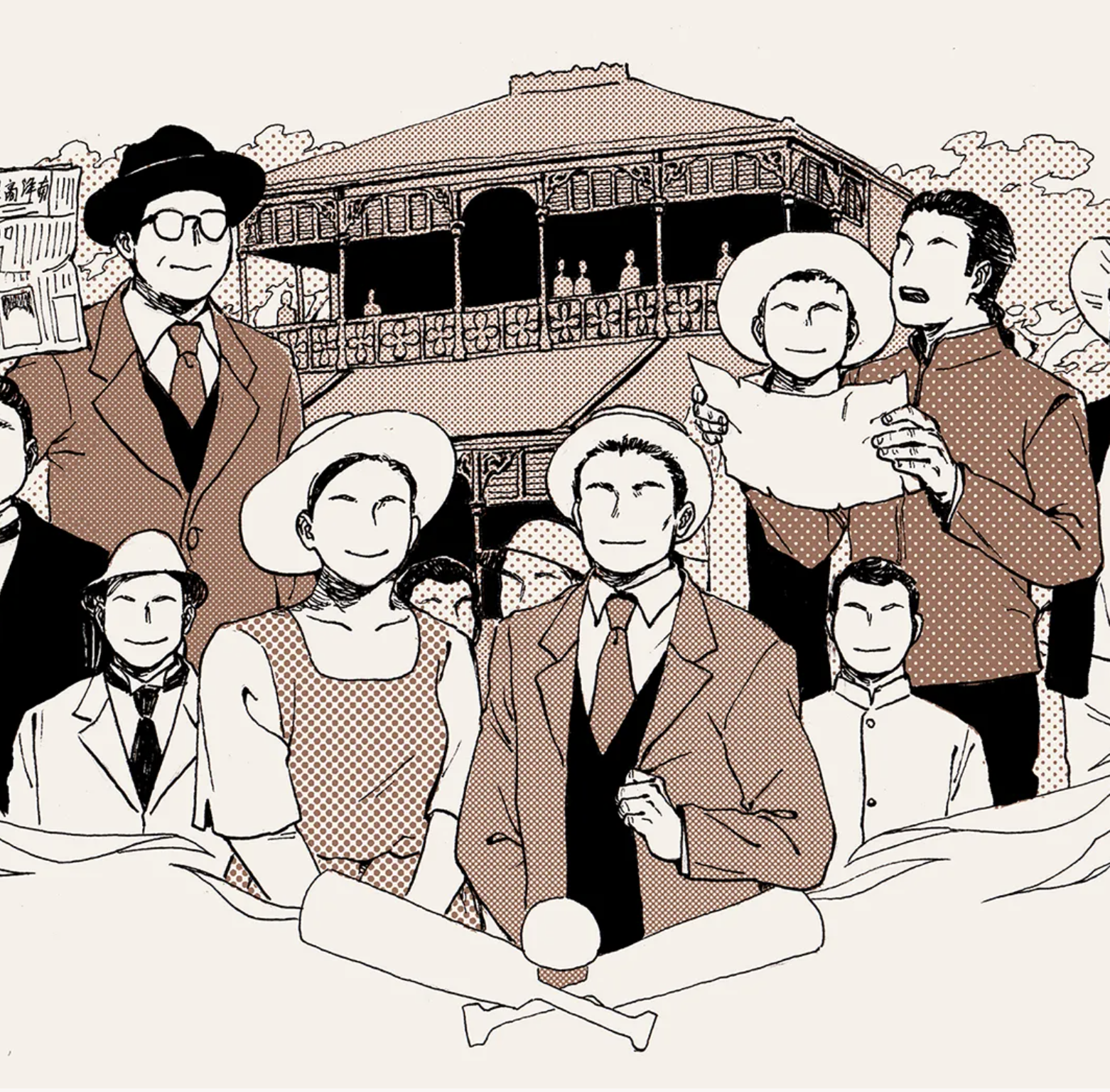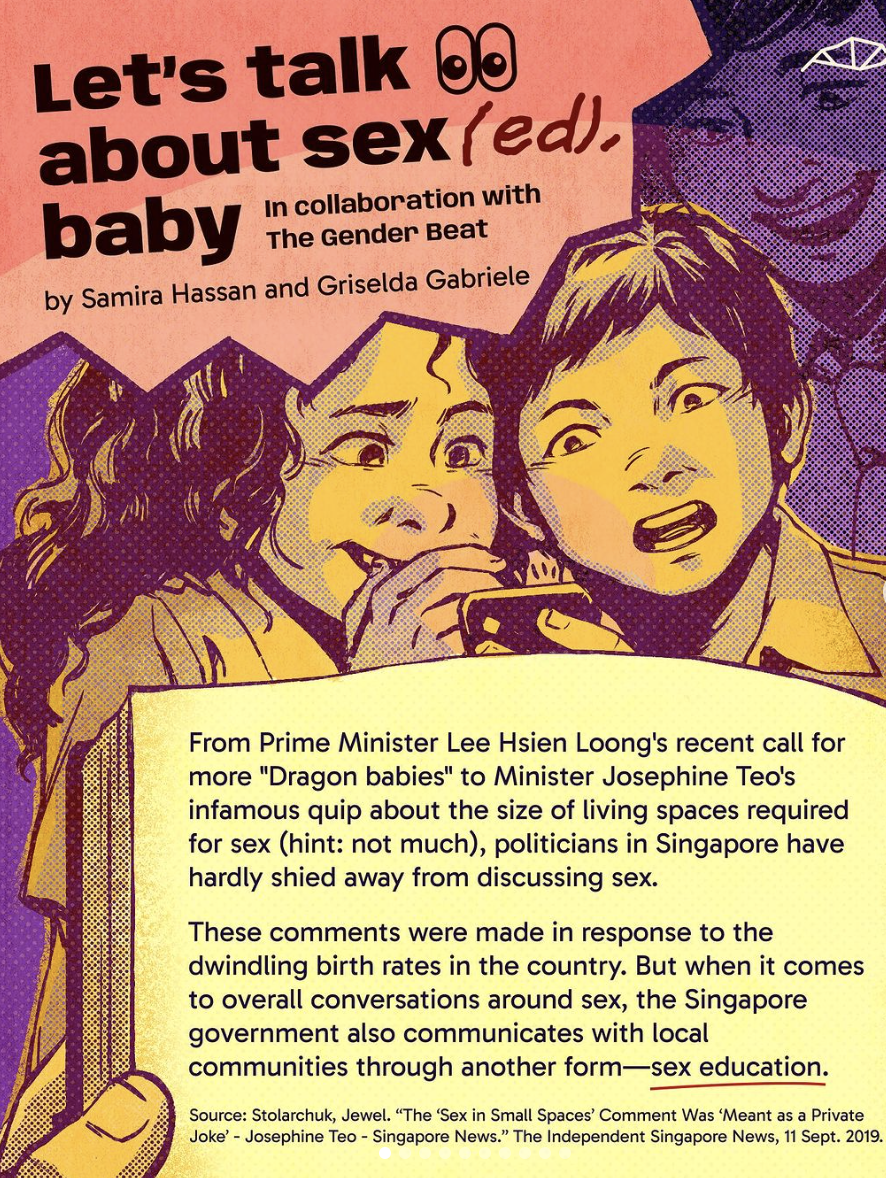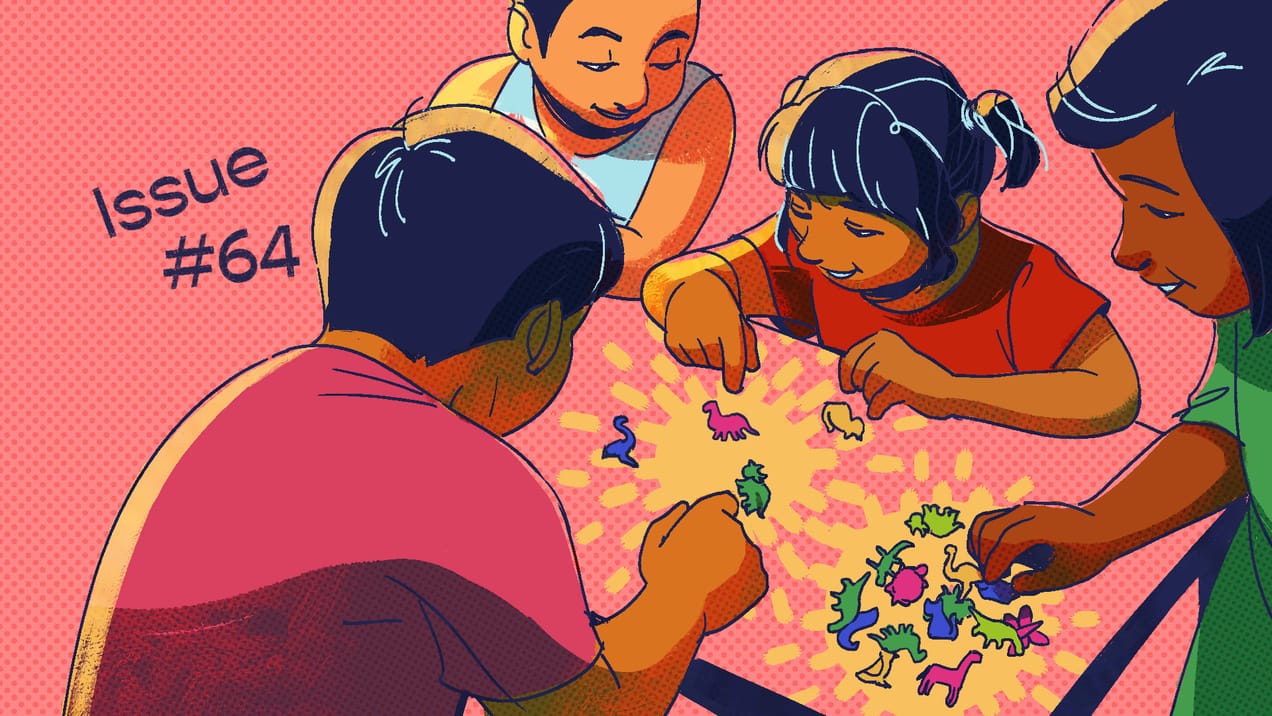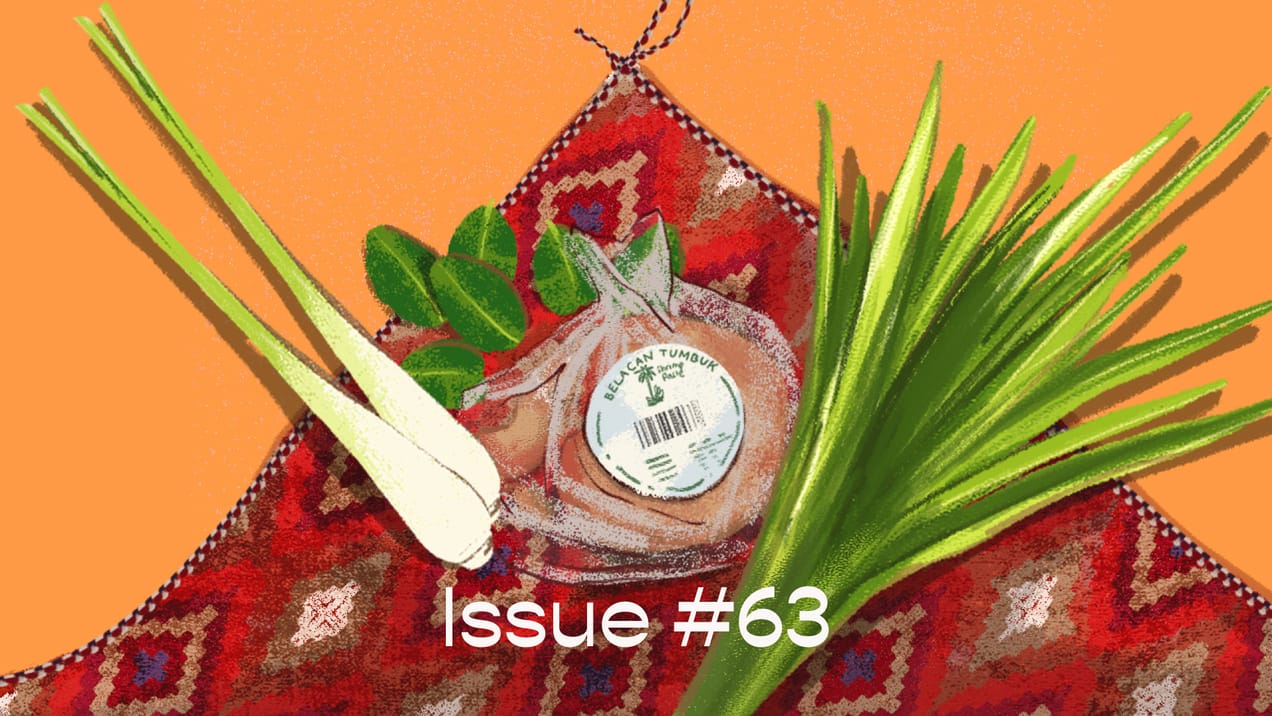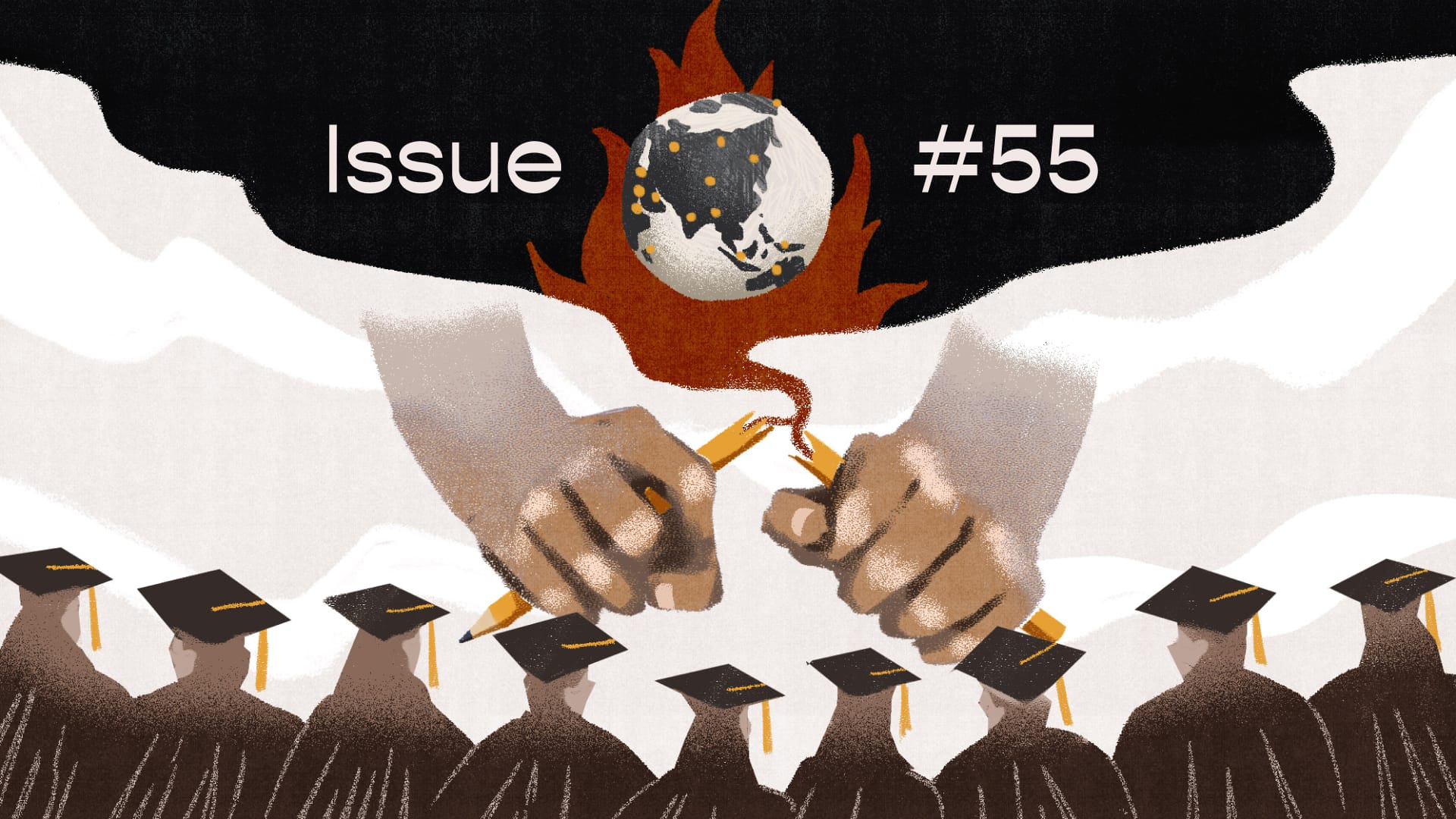
What is the point of education if it cannot stop suffering? — issue #55
Apologies: We accidentally sent a test version of our latest issue. Please ignore the previous email and continue reading to enjoy this month's reads!
It’s the end of May and spring is in full swing. I’ve just completed my second term at the University of Edinburgh, and have only three months left in Scotland. So much has changed these past nine months, yet simultaneously nothing at all. Every day, Gaza is still mercilessly bombed, with each attack and act of brutality more depraved than the one before.
My time here has left me with mixed feelings, as I am sure it has for thousands of students across the western world this year. Instead of throwing our academic mortarboards up in jubilation of having successfully accrued knowledge, students are setting up campus encampments in solidarity with Palestinians. Students are getting tear-gassed for daring to reject the status quo, while academic staff acting in solidarity with them are literally arm-twisted into submission.
In such times, one wonders: what is the point of education if it cannot stop suffering, brutality, and death? One of the things that have troubled me the most is learning how social sciences furthers harm by extracting narratives of pain from disadvantaged communities for intellectual pursuit and academic prestige, but taking little reparative action to actually make a difference. This isn’t too different from traditional journalism as we know it. When we hunt and press our sources for a quote, and barely speak to them again after. When we publish a story just for the by-line. Sometimes we self-assuage away the guilt and say that this is what objectivity requires. This is part of the job. Is it really?
But not all of my time here is soured or bad. While I am disappointed with institutions, the people I’ve met here have given me such hope. The things that they’ve taught and shared with me have been formative. Much like so many others, my eyes have been opened to ideas, history, and knowledge that have fundamentally reshaped how I will henceforth engage with the world.
Refusal. Refusal is a word, concept, movement, and methodology I’ve come across over and over again these past months. From embracing refusal as a universal feminist value or refusing to inherit biassed and broken Artificial Intelligence (AI) systems, to refusing research that engages in extractivism. For students in encampments, a refusal to go on with their education in “business-as-usual” fashion. To refuse to pretend or participate in hypocritical ceremonies, even though it comes at a high personal cost.
For Kontinentalist, we’ve been mulling over methodologies, ethics, and the next steps we should take as a team. How can we make a meaningful difference in this world, beyond just creating visually stunning stories or conducting workshops? For one, we may take inspiration from data manifest-nos that refuse to engage with data that is reductive. I will also be sharing our take on feminist data studios with Letícia Pozza from Odd Data and Design Studio at Outlier 2024 in Chicago next month—a start to a long work-in-progress of the many ideas that are to come from us.
I recognise refusal is a hard pill to swallow. So much inconvenience, difficulty, trouble. It is so difficult to do alone. When you are just one cog in a large machine, refusal feels like self-harm and change seems impossible. But if anything these encampments have taught us is that together, there is so much that can be achieved. These students are so incredibly brave.
They have shown us that from refusal, we open so many other doors: resistance, reparation, reciprocity, reclamation, and reimagination.

✨ Exciting news ✨
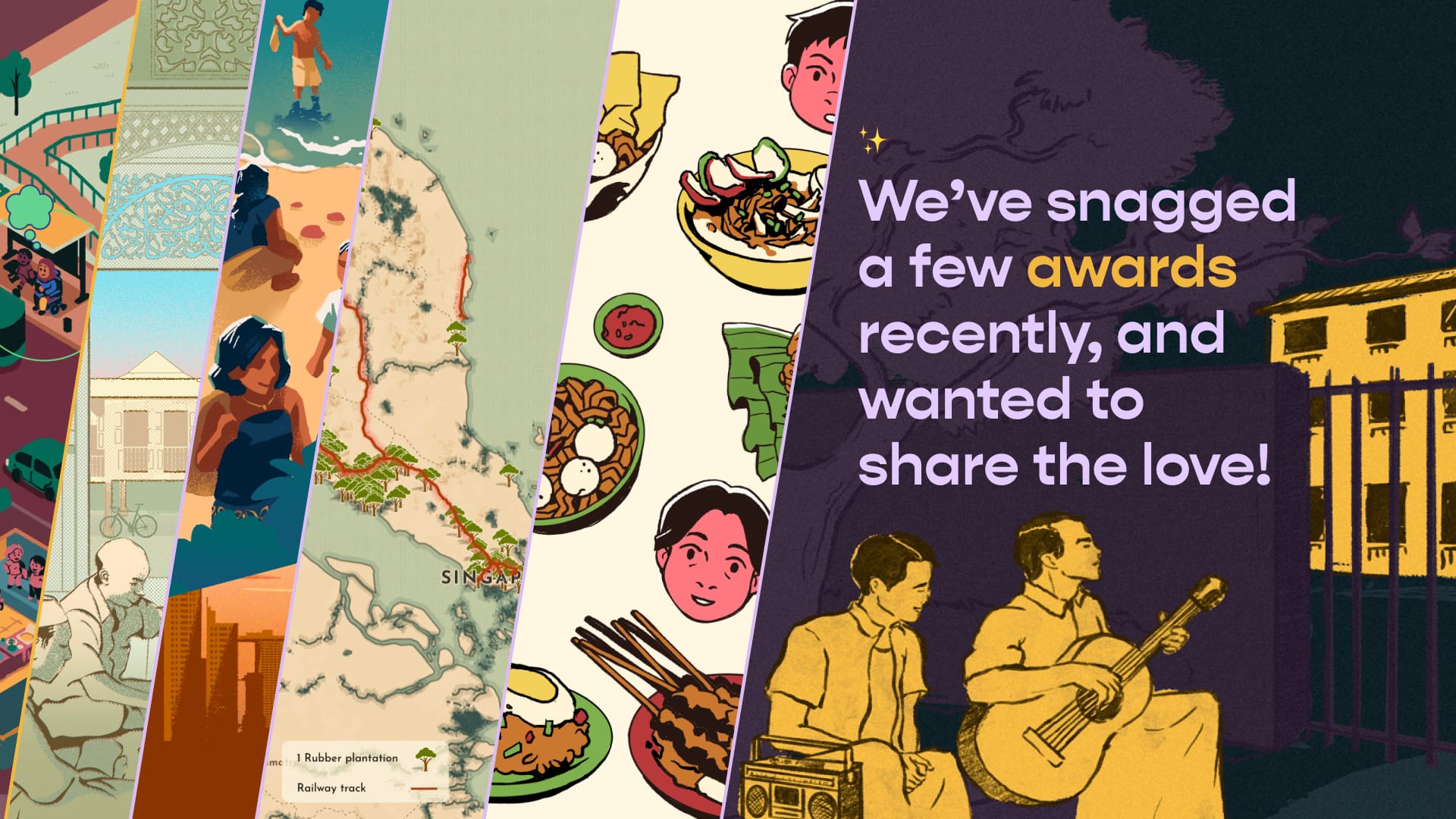
Our hard-hitting story on land reclamation, Terraforming Singapore: Is the future made of sand?, made it to the shortlist for SOPA 2024 Awards and the New Media Writing Prize. The story also received an Award of Excellence at the Society of News Design (SND), alongside A Woman’s World and The wisdom of traditional architecture in Asia. Our longform story Rubber, Race, and Colonial Exploitation was further awarded a Bronze for Infographics and our microstory on Jakarta’s roadside food sellers won a Bronze for Platform Design, both at SND.
A Woman’s World was also shortlisted in the Innovative Storytelling category at the One World Media Awards, while our collaboration with Thibi on The alternate world of Myanmar copy songs won Best Data Visualisation award for small and medium media at the WAN-IFRA Digital Media Awards Asia!
BTS

What can we learn from Borneo pygmy elephants living in a remote region in Sabah, Malaysia? In this behind-the-scenes look at our latest microstory, our Assistant Editor, Gwyneth, shares how we linked up with non-profit storytelling studio Our Better World to craft a story about the complexities of wildlife conservation and how a community learned to coexist more harmoniously with animals.
more from us...
What do official colonial records tell us about the education landscape in colonial Singapore?
How has Singapore’s sex education curriculum transformed over the years? Find out in our analysis of Straits Times articles.
Kawan Special
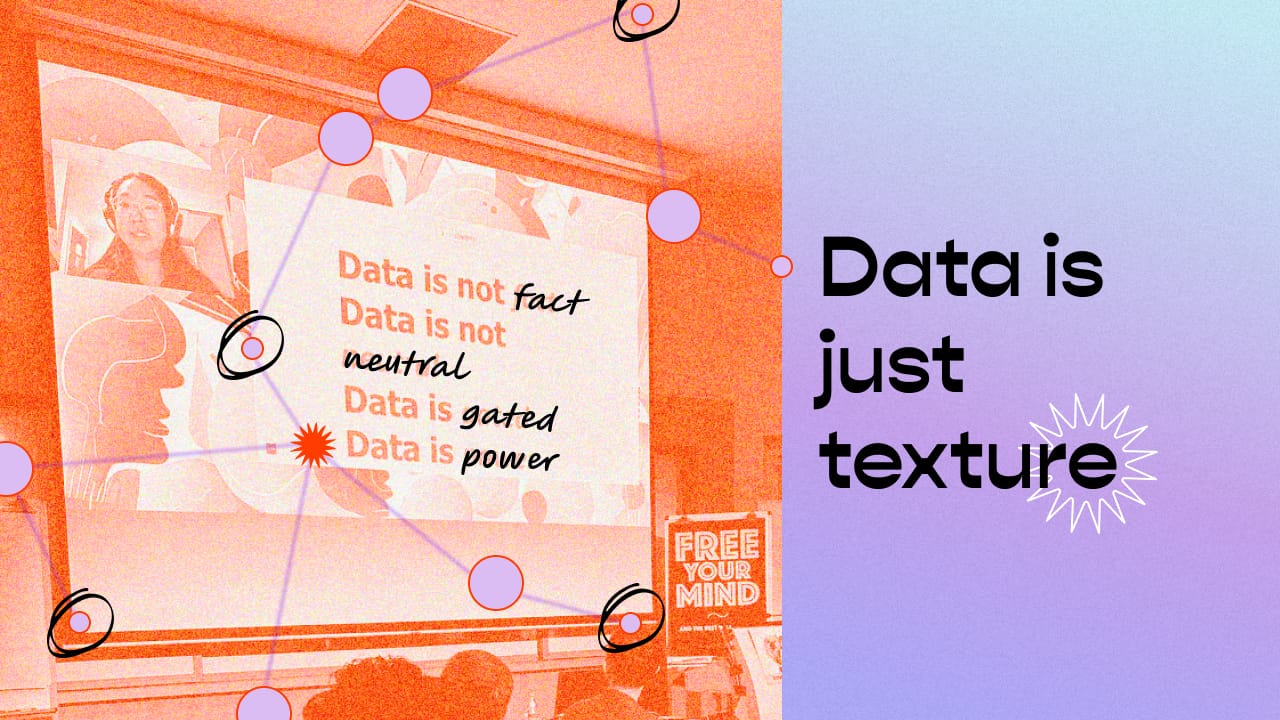
How can we be more intentional in how we perceive and use data? Can we think of data more ethically, and counter eurocentrism whilst applying a feminist and decolonial approach? Check out our Co-Founder Pei Ying’s speech at Academia SG’s Knowledge Praxis conference, where she talked about Kontinentalist’s approaches to humanising data in a time where data is believed by many to be objective truth.
Stuff we love
↗ Apartheid ended in South Africa thirty years ago, but its negative effects on education still linger.
↗ How does Visualizing Palestine (VP) use data to educate, dispel disinformation, and reclaim the Palestinian narrative? Check out this interview with Aline Batarseh, VP’s executive director.
Did you know?
Ancient learning institution: Nalanda Mahavihara
Ancient learning institution: Nalanda Mahavihara
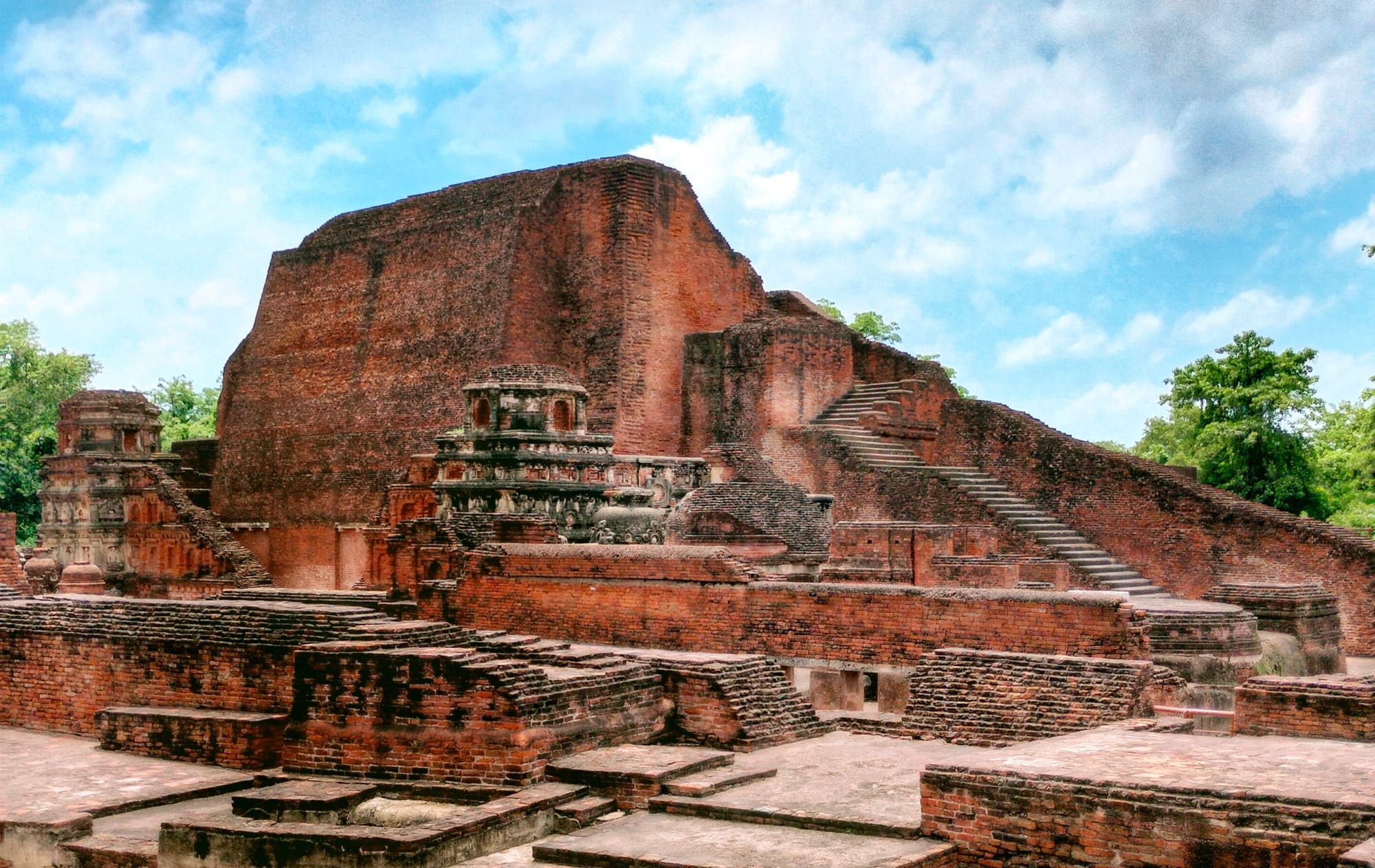
The Nalanda Mahavihara (meaning “Nalanda great monastery” in Pali and Sanskrit) was a prominent Buddhist monastic and educational centre in the North of Ancient India. Dating from the 3rd century BCE to 13th century CE, the institution attracted students from China to Java, who were instructed in both religious and secular studies. This included grammar and lexicography, arts, medicine, logic, and philosophy.
As one of the greatest learning centres of the ancient world, it connected students and pilgrims from West to East Asia. The mahavihara’s historical development testifies to the growth of Buddhism into a religion and the flourishing of monastic and educational traditions.
In Xuanzang's book, Great Tang Records on the Western Regions, the Chinese Buddhist monk described his view outside his window from his quarters in the mahavihara.
“Moreover, the whole establishment is surrounded by a brick wall, which encloses the entire convent from without. One gate opens into the great college, from which are separated eight other halls standing in the middle [of the monastery]. The richly adorned towers, and the fairy-like turrets, like pointed hill-tops, are congregated together. The observatories seem to be lost in the vapours [of the morning], and the upper rooms tower above the clouds.”

